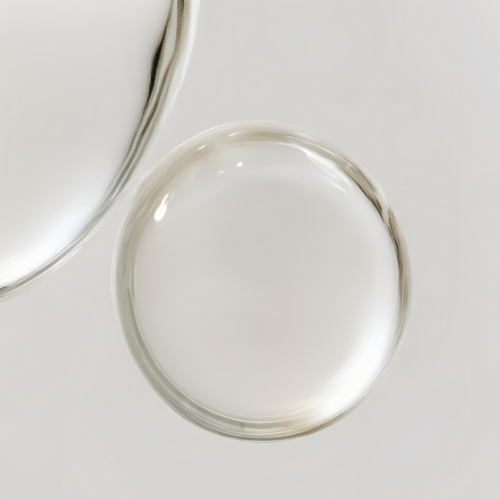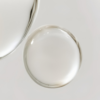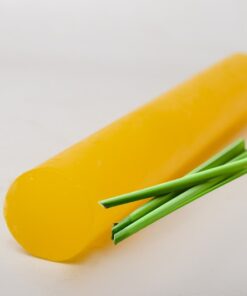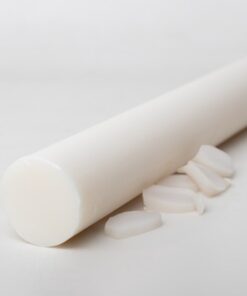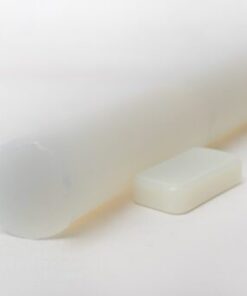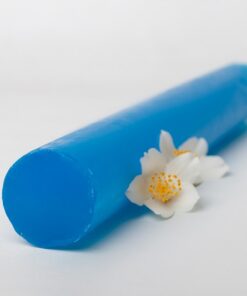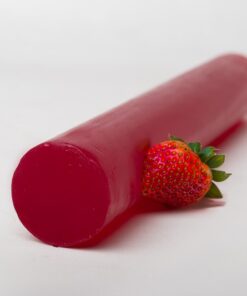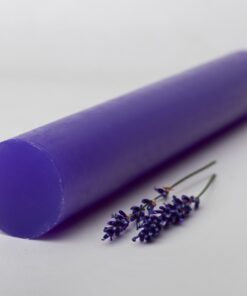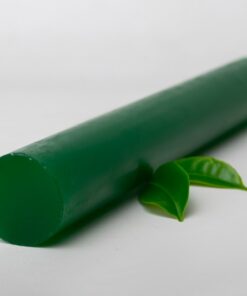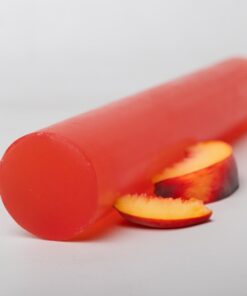Glycerine (Vegetable) – 5kg South Africa
R380,00
Glycerine (Vegetable) – 5kg – glycerol or glycerin, is a clear, odorless, and viscous liquid derived from plant-based sources, such as vegetable oils.
1 in stock
Glycerine (Vegetable) – 5kg
Natural Moisturizer & Multi-Purpose Ingredient
Vegetable glycerine is a versatile, plant-based liquid with excellent hydrating properties. It is widely used in skincare, hair care, food, and pharmaceutical applications.
Key Benefits of Vegetable Glycerine
- Deep Hydration – A powerful humectant that attracts moisture from the air, keeping skin soft and hydrated.
- Skin Softening – Acts as an emollient to smooth and condition the skin while forming a protective barrier to prevent moisture loss.
- Soothing Properties – Ideal for dry, sensitive, or irritated skin, offering gentle relief and nourishment.
- Non-Comedogenic – Won’t clog pores, making it suitable for all skin types, including acne-prone skin.
- Product Stabilizer – Helps maintain the consistency and longevity of cosmetic formulations.
- Hair Care Essential – Enhances moisture retention in hair, improving softness and manageability.
- DIY Beauty Uses – Commonly used in homemade skincare products like serums, toners, and moisturizers.
- Food Industry Uses – Functions as a natural sweetener, thickener, and humectant in various food products.
- Pharmaceutical Applications – Found in medicinal syrups to enhance taste and texture.
Safe Usage Guidelines
While vegetable glycerine is generally well-tolerated, some individuals may experience sensitivity. Always perform a patch test before applying it to larger areas of the skin. For oral consumption or medicinal use, follow recommended dosages and consult a healthcare professional if needed.
Enhance your skincare, haircare, and DIY formulations with the hydrating power of vegetable glycerine. Order your 5L bottle today and experience its multi-functional benefits!
| Weight | 5 kg |
|---|
Related products
Glycerine Melt and Pour Soap
Glycerine Melt and Pour Soap

